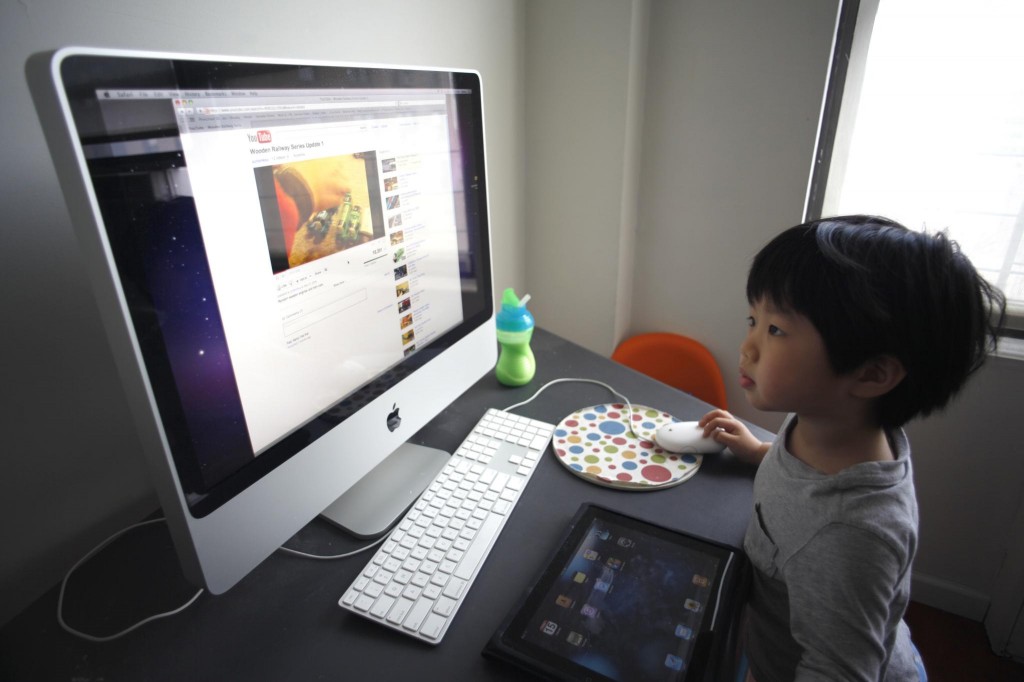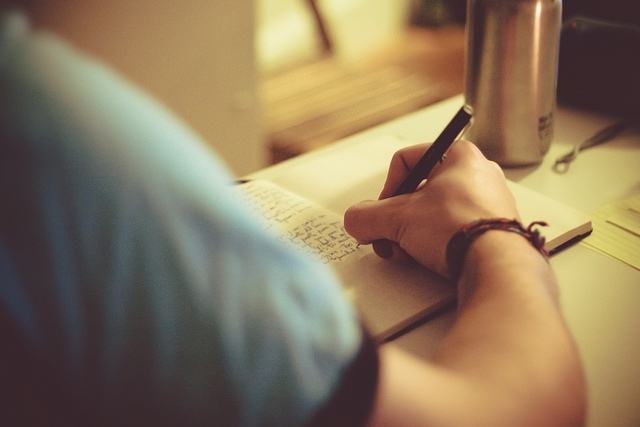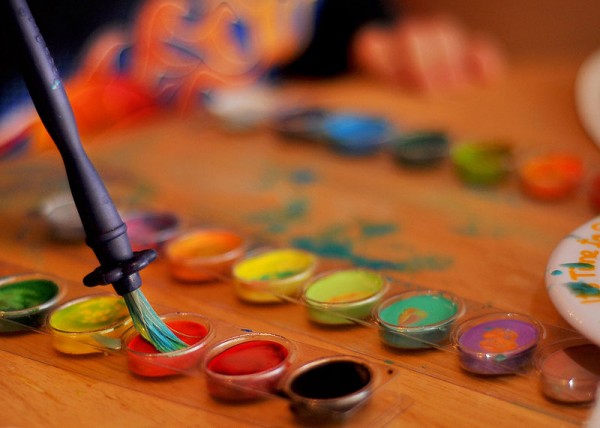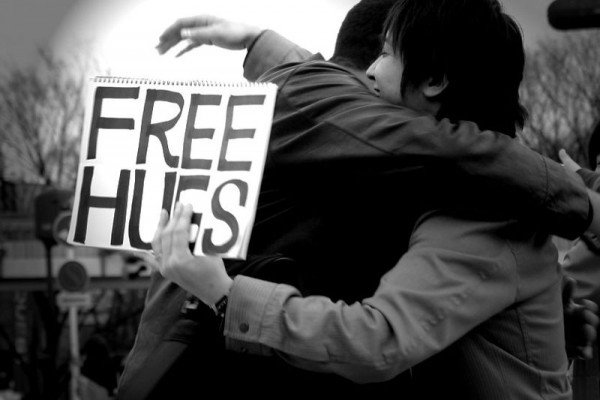
From Master Cleanse to Dr. Oz’s 48-hour weekend cleanse, surely you have heard about detox diets—the trendiest form of dieting known today. Detoxification or “detox” is the process of flushing out toxins from the body and is said to also help in losing weight. Although there is no scientific evidence yet to support the health claims of these diets, there is another kind of detoxification that can bring immediate, positive effects to one’s health and overall well-being—it’s called the “digital detox.”
Every day, people from all corners of the globe spend countless hours in front of a screen, browsing the Internet and tapping on their “iGadgets.” According to a survey published by Statistics Canada, major cities like Calgary, Vancouver, Toronto and Montreal all had Internet usages above the national average of 83% in the year 2012.
Even during the Holy Week, which was supposedly a time for quiet prayer and reflection, a lot of people, especially Filipino youth, used social media to post about vacation trips they’ve taken and Lenten sacrifices they’ve made—regardless of their location. It came as no surprise. An infographic published by iNewMedia.org shows that Filipino web users are 17% more likely to visit social media sites than any other users around the world.
Sitting in front of a computer or being glued to an electronic device for most of the day does not just take a toll on one’s physical health, but also on relationships with others as it prevents face-to-face interaction and creates a false sense of connectedness.
Digital Detox, an organization based in the U.S., is popular for its three-day retreats and camps. These sabbaticals are offered to everyone who is interested in disconnecting completely from the digital world for a few days to reconnect with the real world. However, if the mere idea of three days without Facebook, Twitter and Instagram is enough to make you feel weak and nauseous, there are small steps you can take to balance your time spent online and offline.
Unlike detox dieting, which normally needs to be done for days or weeks to be effective, digital detoxification can be done a day a week or even for just a few hours every day—depending on what you can commit. In a New York Times interview, Cisco Systems executive Padmasree Warrior says her “digital detox” habit includes spending her Saturday mornings away from emails and calls, and painting and writing poetry. She also meditates every night. It makes her feel calm and renewed according to her.
Because technology is invented to enhance life and not to take over it, allot one day every week (or a few hours a day) doing these simple activities with your devices out of sight:
Keep a journal

Instead of blogging or constantly posting on social media about how you feel, write it in a journal. According to Maud Purcell of Psych Central, journaling helps in clearing thoughts and feelings that are in disarray. Jotting down thoughts and feelings helps you get in touch with your inner self and improves well-being.
Take nature hikes

In an article published on WebMD titled “Hiking in Nature May Boost Creativity”, writer Denise Mann says that hiking trips are good for the brain as research shows that backpackers scored 50% better on creativity tests after spending time with nature while unplugged. Evidence from another study made by Cecily Maller also revealed that viewing nature aids in stress recovery and improves concentration and productivity. If you don’t have time for a mountain trek, a stroll in the park is also a good idea.
Engage in arts or sports

In 2002, a Canada West Foundation research found that engaging in arts and culture have mental and psychological health benefits, including enhanced personal motivation, feelings of connectedness to others, a more positive outlook on life, reduced sense of fear or isolation, and increased confidence, sociability and self-esteem. While another study titled “The Relationship between Organized Recreational Activity and Mental Health” states that those who participate in sports clubs and organized recreational activity are more alert and more resilient against the stresses of modern living.
Start with simple breathing exercises. “In studies on long-term and even short-term practitioners of Transcendental Meditation, subjects report the experience of a fundamental level of unity and wholeness in their awareness, ” says Dr. Robert Schneider in an article he wrote for Medical News Today. He also says that meditation gives stress relief and a deep feeling of peace and connectedness. If you find it hard to focus and meditate without the guidance of an instructor, it’s good to enroll yourself in a yoga class.
Give someone a hug

A post in the Digital Detox blog suggests that, a nice big hug (at least 9 seconds long) can give a dose of oxytocin and lower stress levels. “Balance the dopamine and oxytocin that we’re getting from social networks and our cell phone alerts with real human interaction,” says the author.
